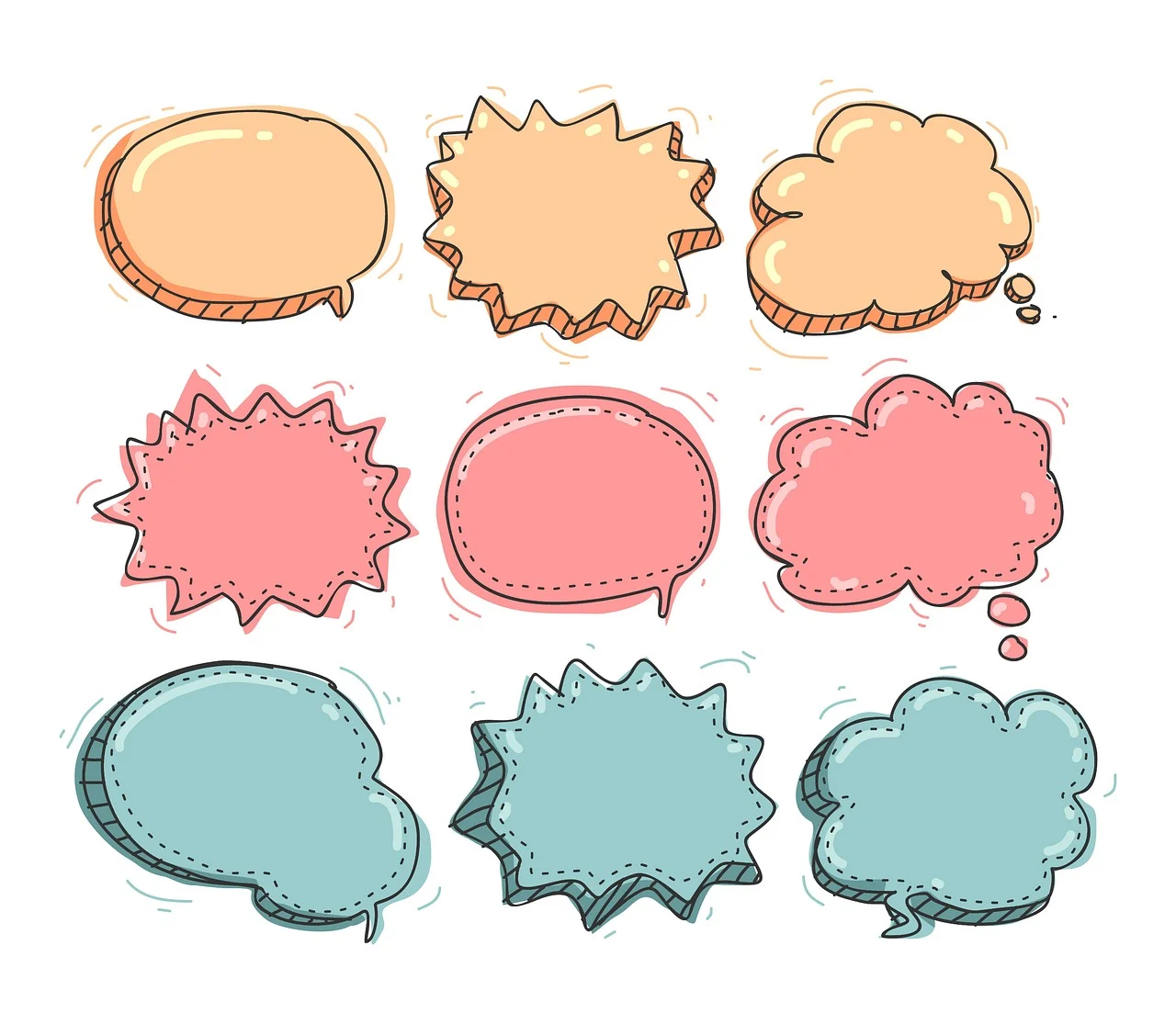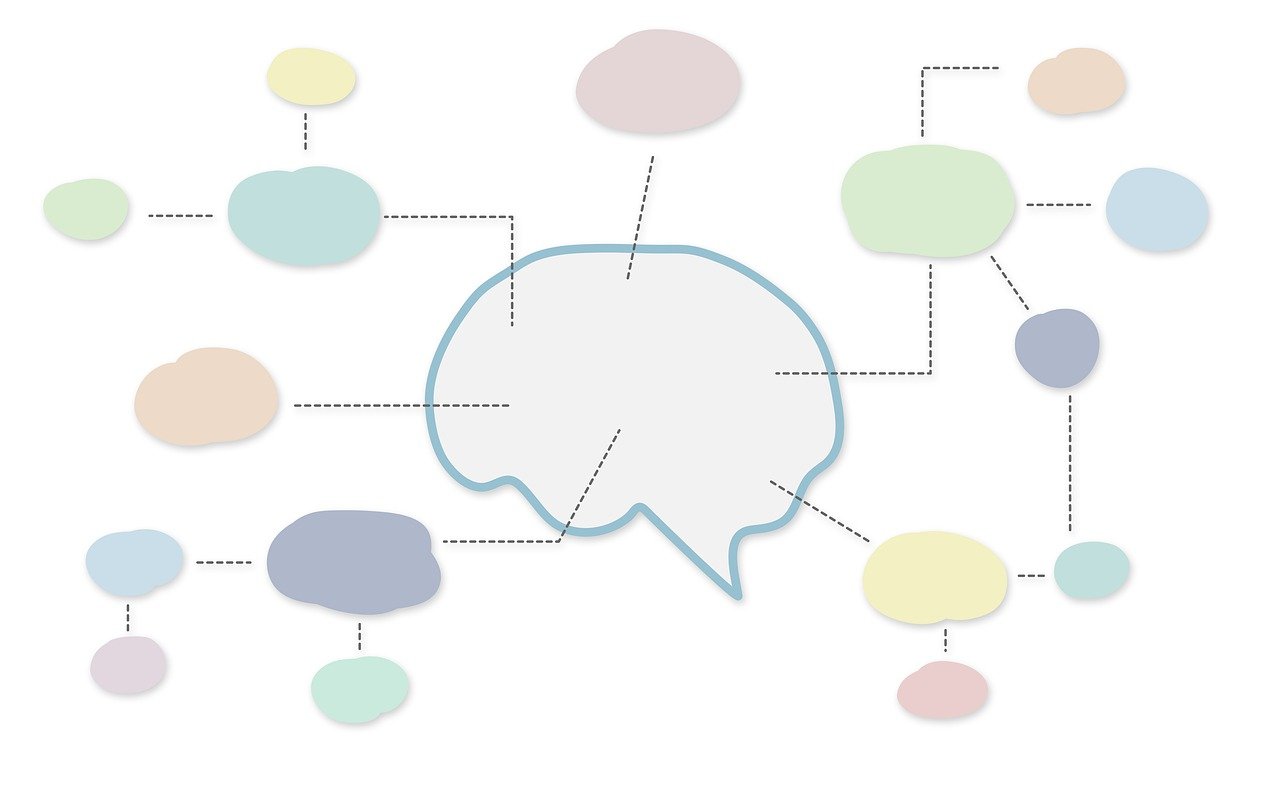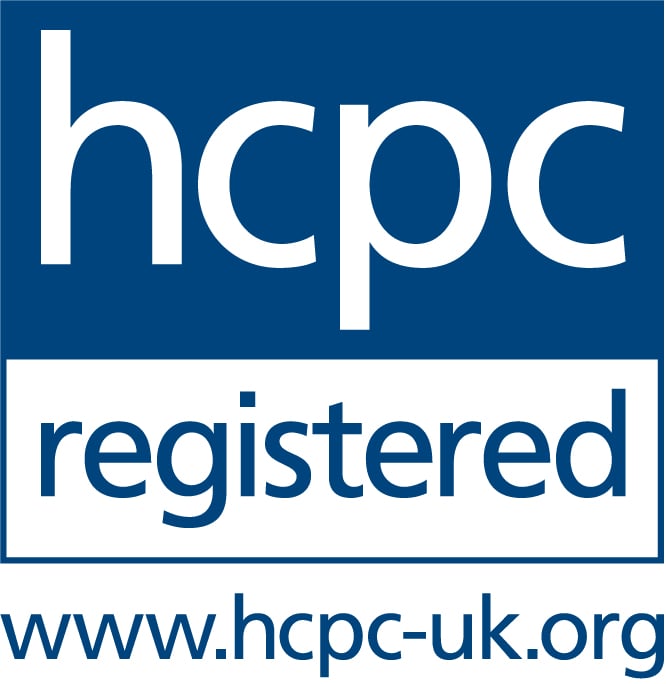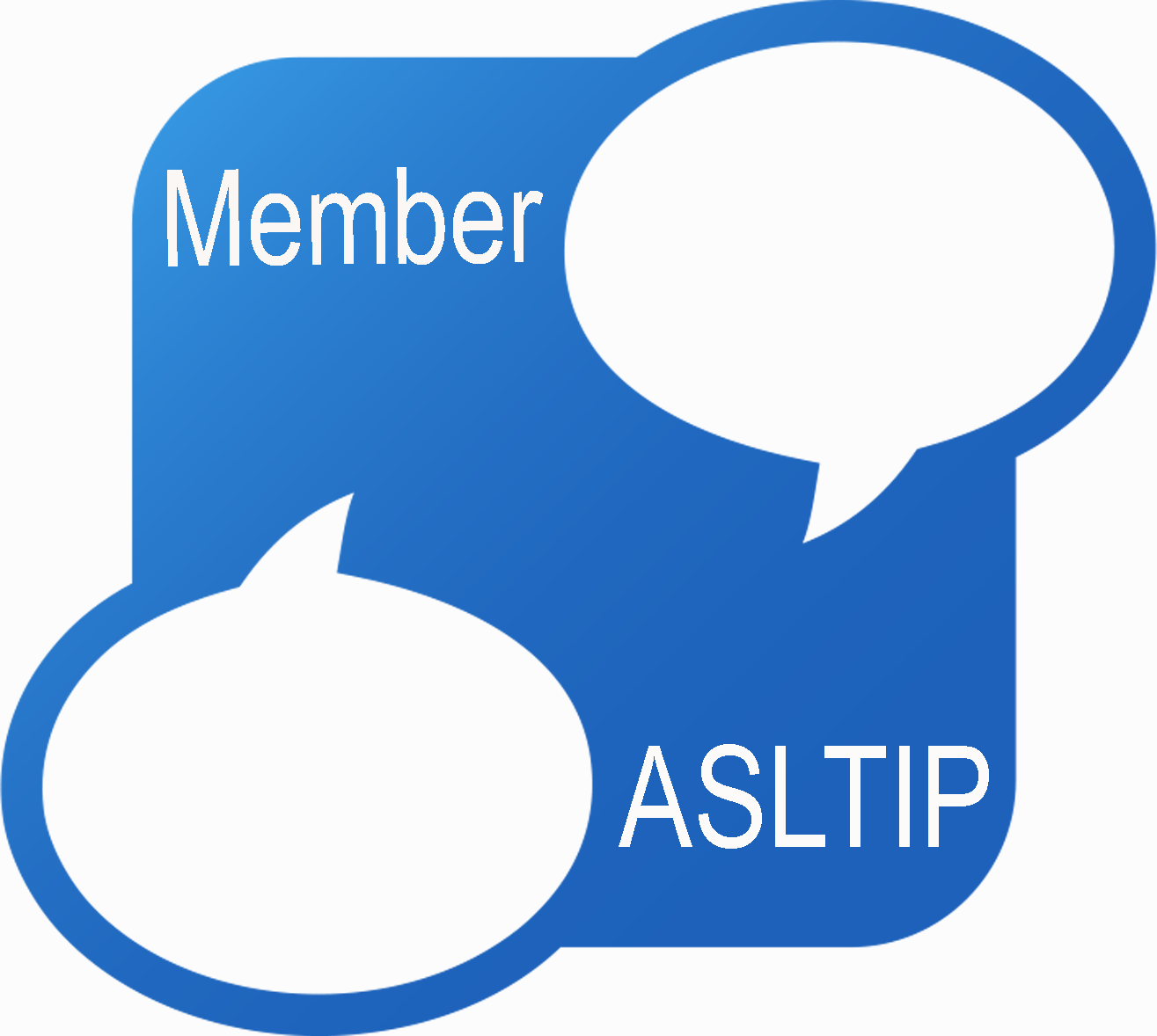
Welcome to Nova Speech Therapy
Hello, I’m Kimberley Williams, a Speech and Language Therapist and the founder of Nova Speech Therapy.
Kimberley Williams
BSc Hons, BA Hons
Owner and Director
How We Help
We take a personal and holistic approach, working closely with you and your family:
Who Can We Help?
Our Services
Aphasia
Aphasia is a condition that makes it harder to speak, understand, read, or write. It happens when the brain is affected by a stroke, brain injury, or neurological condition, but it does not affect intelligence. People with aphasia still know what they want to say but may struggle to express it.
Common Signs of Aphasia:
Cognitive Communication Disorder
Cognitive communication disorders affect the ability to think, process, and express ideas clearly. These difficulties are often caused by brain injuries, strokes, dementia, or conditions such as Long COVID.
Common Signs of a Cognitive Communication Disorder:
Dysarthria
Dysarthria happens when the muscles used for speech become weakened or difficult to control, often due to neurological conditions like stroke, Parkinson’s disease, or Motor Neurone Disease. This can make speech sound unclear or difficult to understand.
Apraxia
Apraxia of Speech is a condition where the brain struggles to send the correct signals to the muscles needed for speech. This makes it difficult to plan and coordinate the movements needed for speaking. People with apraxia may know exactly what they want to say but struggle to produce the correct sounds or words.
Common signs of Apraxia:

Dysphagia
Dysphagia means difficulty swallowing, which can happen due to a stroke, neurological condition, or other medical issues. It can make eating and drinking harder and, in some cases, lead to choking or aspiration (food or liquid entering the airway).
Common signs of Dysphagia:

Social, Emotional and Mental Health (SEMH) Support
Social, Emotional and Mental Health needs can affect someones swallow or how someone communicates. Conditions such as anxiety, selective mutism, depression, or schizophrenia can make it harder to speak, join in conversations or feel comfortable eating and drinking. These challenges are not just physical, they are closely linked with how safe, calm and confident a person feels.
Common signs that someone may need SEMH support with communication or swallowing:
Speech therapy provides a safe, supportive space where there is no pressure to “perform.” I work gently at each person’s pace, using strategies that build confidence in both communication and mealtimes.

Cluttering and Stammering
Fluency refers to the flow of speech. Some people experience stammering, where speech may be interrupted by repeating sounds, stretching out sounds, or blocks that make talking feel effortful. Others may experience cluttering, where speech is fast, slurred, or disorganised, making it hard for listeners to follow. These differences are not linked to intelligence – the person knows what they want to say, but expressing it smoothly can be challenging.
Common signs of fluency difficulties:
Speech therapy supports smoother, more confident communication through tailored strategies.

LSVT LOUD®
What is LSVT LOUD®?
LSVT LOUD® is a treatment designed to help people with Parkinson’s disease and other neurological conditions speak more clearly and loudly. It has been used around the world for many years and is known for helping people improve their voice and speech.
This program includes:
FAQs
Got Any Questions?
Head to our Frequently Asked Questions page for answers to your most important questions.



